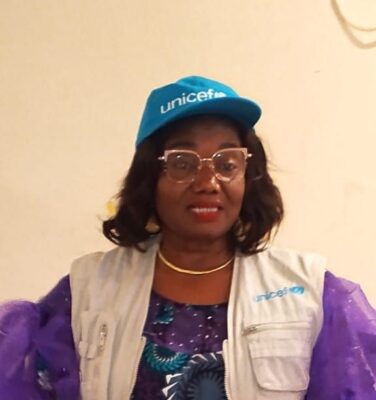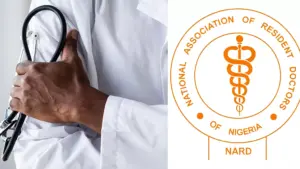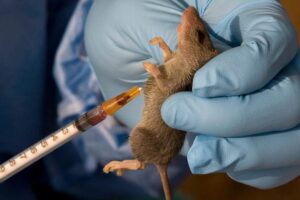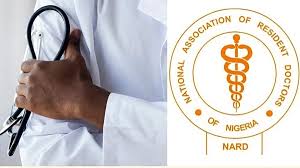Jigawa State’s remarkable success in reducing child malnutrition has continued to draw national attention, as a high-powered delegation from Kwara State visits the state to understudy its Masaki Nutrition Programme a model that has transformed child and maternal health through community-led initiatives.
The visit, supported by the United Nations Children’s Fund (UNICEF), aims to help Kwara replicate Jigawa’s integrated approach to tackling malnutrition and improving women and children’s well-being.
Speaking at the opening ceremony in Dutse, the UNICEF Chief of Kaduna Field Office, Dr. Gerida Birukila, represented by Nutrition Specialist Mrs. Chinwe Eziefe, commended both state governments for their collaboration.
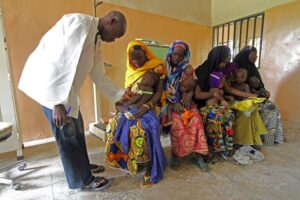
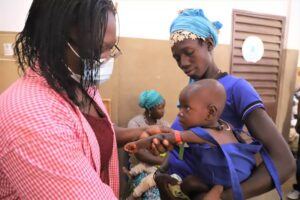
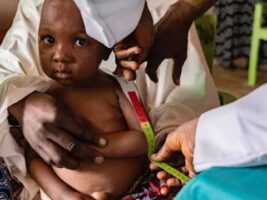
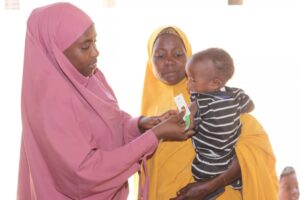
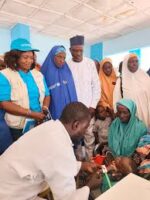
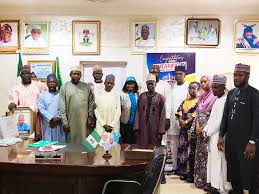
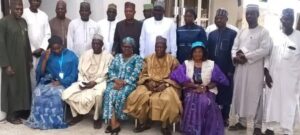
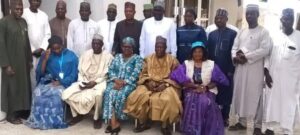
She said the visit offers “first-hand insight into the strategies and successes of the Masaki initiative” and provides opportunities for cross-learning in community engagement, governance, and strengthening nutrition and health systems.
Dr. Birukila explained that the Masaki model promotes women’s active participation in identifying and implementing nutrition services, which enhances community ownership and sustainability.
Leader of the Kwara delegation and Commissioner for Budget and Planning, Dr. Mary Arinde, described Jigawa’s success as remarkable, noting that the state reduced cases of acute malnutrition among children under five from 74,000 to just 2,000 within ten years.
She said Kwara intends to develop a SMART roadmap to replicate the programme, train women in the local production of Tom Brown a nutritious food supplement and strengthen monitoring and data systems to ensure measurable results.
Jigawa State Commissioner for Health, Dr. Muhammad Abdullahi Kainuwa, explained that under Governor Umar Namadi, the state adopted a two-pronged approach focusing on prevention and treatment through locally sourced food, breastfeeding promotion, and women’s education.
Dr. Kainuwa revealed that the state government has released ₦250 million for the procurement of Ready-to-Use Therapeutic Food (RUTF) for 2025, in addition to ₦300 million support from the Jigawa State House of Assembly to sustain the nutrition programme.
As UNICEF reaffirms its commitment to supporting state-led initiatives, the Jigawa model continues to serve as a national example of how strategic investment, women’s empowerment, and community participation can significantly improve child survival and nutrition outcomes across Nigeria.

